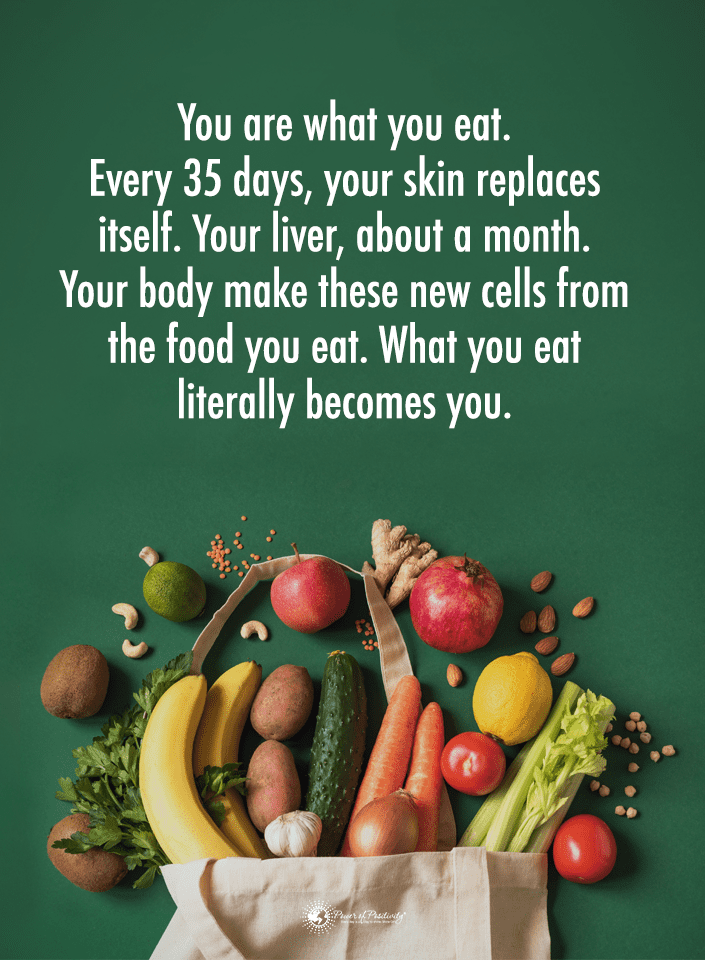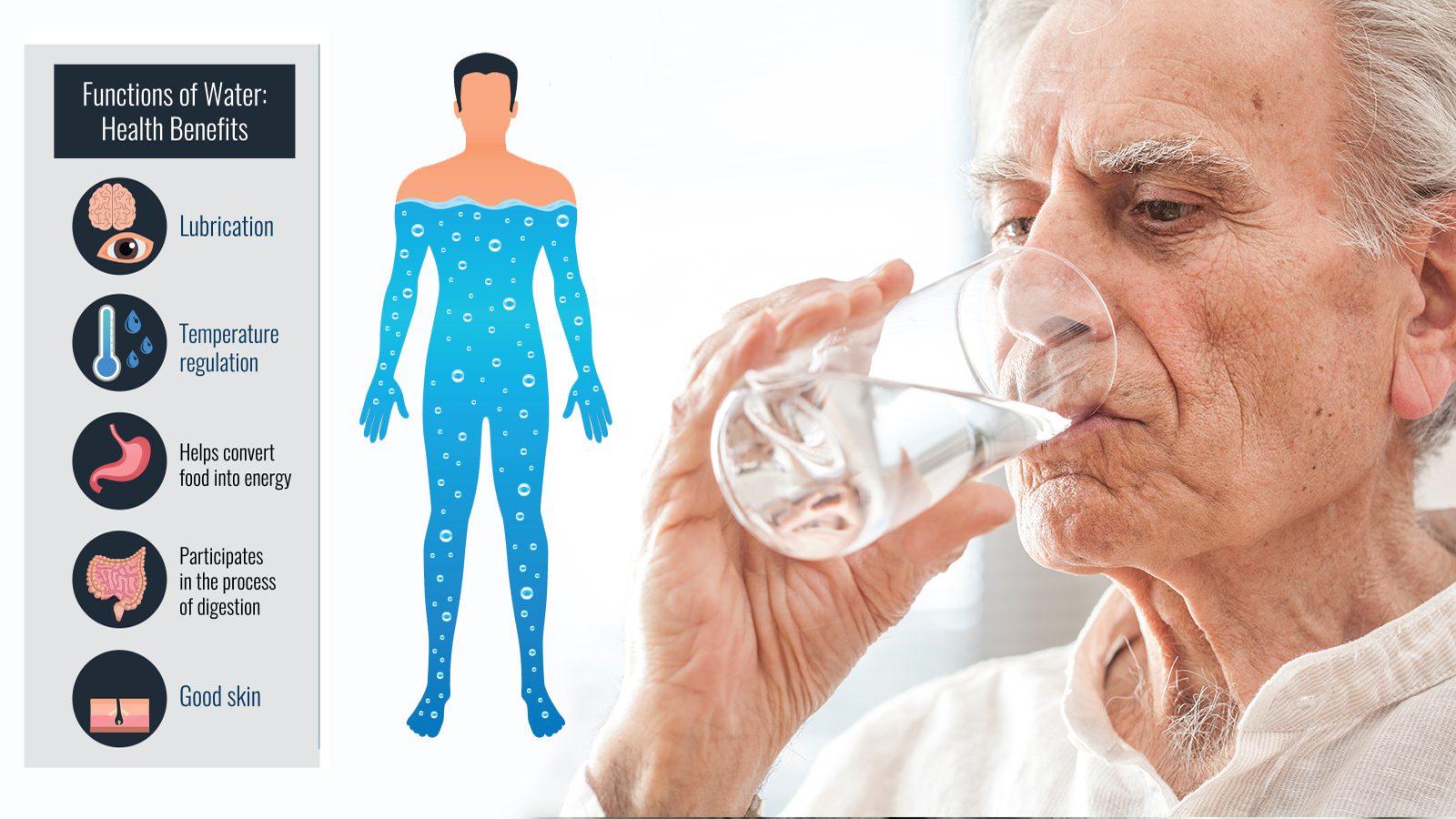Did you know certain foods can cause poor lung health? You may not associate food with your lungs, but it can affect how well they function. For instance, if you have asthma or lung cancer, your doctor may tell you to avoid salty, processed foods and red meats. These foods can exacerbate symptoms such as bloating, shortness of breath, and inflammation. In general, processed, sugary foods create disease in the body, while fresh, whole foods promote health and well-being.
Therefore, eating a well-balanced diet is essential to enhance lung health and create harmony in the body and mind. Below, we’ll list a few foods to avoid and ones to include in your diet for healthier lungs. Remember that many unhealthy foods can cause other diseases, so you should limit or avoid them for overall health.
Eight Typical Signs of Poor Lung Health
Identifying the early signs of poor lung health is often challenging–you can easily mistake the signs for another ailment. Here are some common indicators of poor lung health that you should be aware of:
- Shortness of breath or wheezing
- Chronic cough that lasts for more than a few weeks
- Chest tightness, wheezing, or pain
- Increased mucus production
- Blood in your mucus or when you cough
- Frequent respiratory infections
- Fatigue or weakness
- Bluish tint to the lips or fingertips
- Difficulty performing routine activities due to breathing difficulties
If you experience these symptoms, seeking medical attention to diagnose and treat any underlying conditions is essential. Some common causes of poor lung health include asthma, chronic obstructive pulmonary disease (COPD), pneumonia, lung cancer, and pulmonary fibrosis. Lifestyle factors such as smoking, exposure to air pollution, and a sedentary lifestyle can also contribute to poor lung health.
Avoid These Seven Foods To Improve Your Lung Health
Take these foods off the menu and replace them with whole-grain and plant-based options.
1. Salty Foods
Eating foods high in sodium can cause fluid retention, which may lead to bloating and inflammation. All that extra pressure on your lungs can make breathing more difficult. You can avoid excess salt by not adding any to your food. However, many processed and packaged foods already contain salt as a preservative or to flavor the foods. Therefore, eating fresh foods without added salt is best to improve your lung health.
2. Soda and Other Sugary Drinks and Foods
It’s a popular myth that sugar causes cancer since cancer cells feed on glucose for energy. However, all the cells in our bodies require glucose for fuel, not just cancer cells. Moreover, no studies have linked natural sugar consumption (i.e., fruits and complex carbohydrates) to increased cancer risk.
But some studies have found an association between fructose and increased cancer risk. While fruits have high levels of fructose, they also have abundant fiber to help stabilize blood sugar. However, isolated fructose found in high fructose corn syrup, a common ingredient in sodas, can lead to diseases like obesity, diabetes, and cancer.
So, if you want better lung health, limit or avoid foods and drinks with added sugars. Remember that even though fruits have high sugar content, they also provide essential nutrients to fuel your mind and body. In comparison, added sugars in processed foods or drinks cause insulin resistance and offer no nutritional value.
3. Fried Foods Can Worsen Lung Health
Fried foods like french fries and tater tots may taste delicious but harm the body. For one, they’re loaded with unhealthy oils that can cause gastrointestinal discomfort, making breathing more difficult. Also, regularly eating these foods can lead to other health issues like high cholesterol and blood pressure, exacerbating symptoms for people with lung disease.
If you have asthma or lung disease, doctors advise avoiding excessive consumption of onions, garlic, and beans. That’s because these foods have a high fiber content, which may lead to gas and bloating for some people. As we said above, this can create immense pressure on the diaphragm and cause breathing issues.
4. Processed Meats
Most doctors recommend avoiding processed meats if you have COPD or asthma, as the nitrates in deli meat may exacerbate symptoms. Other studies have found a link between processed meats and increased cancer risk, including lung cancer. Cured meats include salami, chorizo, bacon, pepperoni, and cold cuts. However, fresh meats with no additives, such as chicken, beef, or pork, have not been shown to cause poor lung health.
5. Dairy Products May Harm Lung Health
Experts often advise people with asthma, COPD, or lung disease to lower their consumption of dairy products. As the body digests milk, cheese, and other dairy products, it produces an opioid peptide called casomorphin. During this process, the body increases phlegm and mucus production, leading to breathing difficulties for people with lung disease.
However, studies have found that some people don’t experience increased mucus while consuming milk. You should avoid dairy products if lactose intolerant since they can exacerbate asthma symptoms.
6. Foods That Contain Sulfites
Sulfites are commonly used as preservatives and additives in foods like dried fruits, pickled items, and alcohol. They’re also found in shrimp, bottled lime and lemon juice, and maraschino cherries. Most people can consume them without a problem, but if you have asthma, it can cause an adverse reaction.
7. Foods That Have Salicylates
Salicylates are compounds in many fruits, vegetables, herbs, and spices. This compound contains black tea, coffee, red wine, and beer. Finally, they’re added to various pain relievers and fever reducers, such as aspirin. Unfortunately, some people have a salicylate intolerance, which can cause symptoms like asthma, rhinitis, nasal polyps, and gastrointestinal irritation.
Three Foods That Enhance Lung Health
- Studies show that apples can lower asthma risk and enhance general pulmonary health. They have a powerful antioxidant called quercetin, which can reduce COPD risk and even reverse lung damage. The research suggests eating at least five apples per week can improve lung health.
- Pumpkins contain high concentrations of carotenoids, such as beta carotene, which can improve lung function in young and older adults.
- Leafy greens. Leafy greens like Swiss chard, bok choy, spinach, and kale are rich in magnesium, iron, potassium, and antioxidants. These nutrients can reduce inflammation and help lower the risk of various lung diseases.
Foods like tomatoes, beets, peppers, turmeric, and blueberries can also enhance lung health. These fruits and roots contain potent antioxidants that can protect your body from oxidative damage and inflammation.
Five Other Habits That Contribute to Better Lung Health
Maintaining good lung health requires healthy habits, including adjusting these habits:
- Make regular exercise part of your routine
- Enjoy a generally balanced diet, even if you still consume the foods listed above
- Avoid vaping, smoking, and secondhand smoke
- Reduce your exposure to environmental pollutants
- Follow any treatment plan a healthcare professional prescribes to manage any underlying conditions.
By being aware of the signs of poor lung health and maintaining good lung health, you can improve your overall well-being and reduce your risk of developing serious respiratory conditions. You will also live a more vibrant life if you can breathe easier.
Final Thoughts on How Food Affects Lung Health
Most people never consider how the food they eat impacts their lung functioning. However, certain foods like sugar, fried foods, and dairy products can impair lung health and even contribute to diseases. Processed meats and salty foods can also increase inflammation and lead to asthma and possibly lung cancer.
Stick to fresh, whole foods like fruits, vegetables, roots, nuts, and grains for better lung health. Eating nutritious foods will positively impact your entire system, not just your lungs.




















